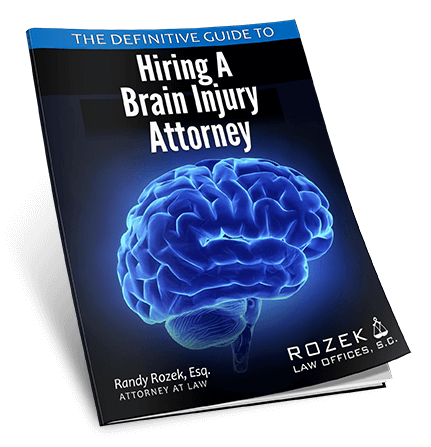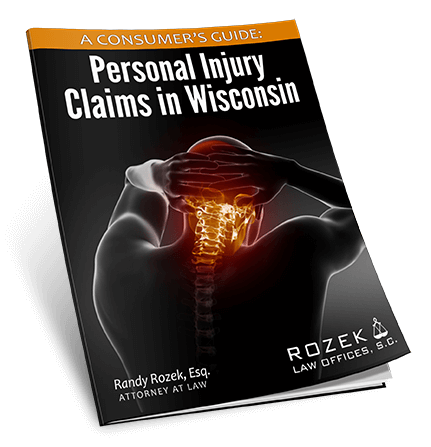Trip to Mars could cause brain injury
The human body has limits and some astronauts who are headed on a mission to Mars will be testing those limits, according to researchers out of California.
The astronauts, who need to rely on their memory, be able to multitask and also make crucial decisions, might experience impairments in this area due to galactic cosmic rays. Those rays could potentially cause the astronauts to experience cognitive impairments, increased anxiety and increased depression, an article by CNN reads.
“The effects of exposure to highly charged and ionized particles during extended deep-space travel could be long-lasting and without resolve, similar to dementia,” the CNN article reads.
“These charged particles are very dangerous,” Charles Limoli said in the article , study co-author and professor of radiation oncology at the University of California, Irvine. “The reason is, they are very energetic and fully ionized, and when they travel through the body, they produce this type of damage that the cells and tissues of your body find very difficult to recover from. Now, it really looks like the complications associated with these exposures to the brain are becoming one of the more difficult to deal with.”
NASA has reportedly known for a long time that the space environment is a radioactive one, but astronauts have for the most part been within Earth’s protective magnetosphere aboard the International Space Station.
“The only astronauts to directly encounter galactic cosmic rays were those embarking on short-duration trips to the moon. But just trying to reach Mars will take six to nine months,” the article reads. “Even radiation shielding on the craft used to take astronauts to Mars isn’t the ultimate prevention tactic. Currently, there is no technology that can stop these particles from penetrating spacecraft and affecting the astronauts, Limoli said.”
Limoli along with his team of researchers studied the effects of radiation in mice and found that the mice had a lack of cognitive function in areas such as memory, multitasking – even their behavioral adaptation were negatively impacted as a result of the radiation.
“The radiation disrupted and reduced dendrites and spines within their neural networks, which make up the highway that transmits signals in the brain,” CNN reports. “The exposure also affected the brain’s process of fear extinction, which can help minimize stress when reflecting back on a bad experience. Without this process, it’s easier for someone to become anxious or depressed. Even though the mice provide a good example, it’s not yet possible to show how it would affect an astronaut.”
New data indicates that the damage lasts up to a year. The study was funded by NASA.
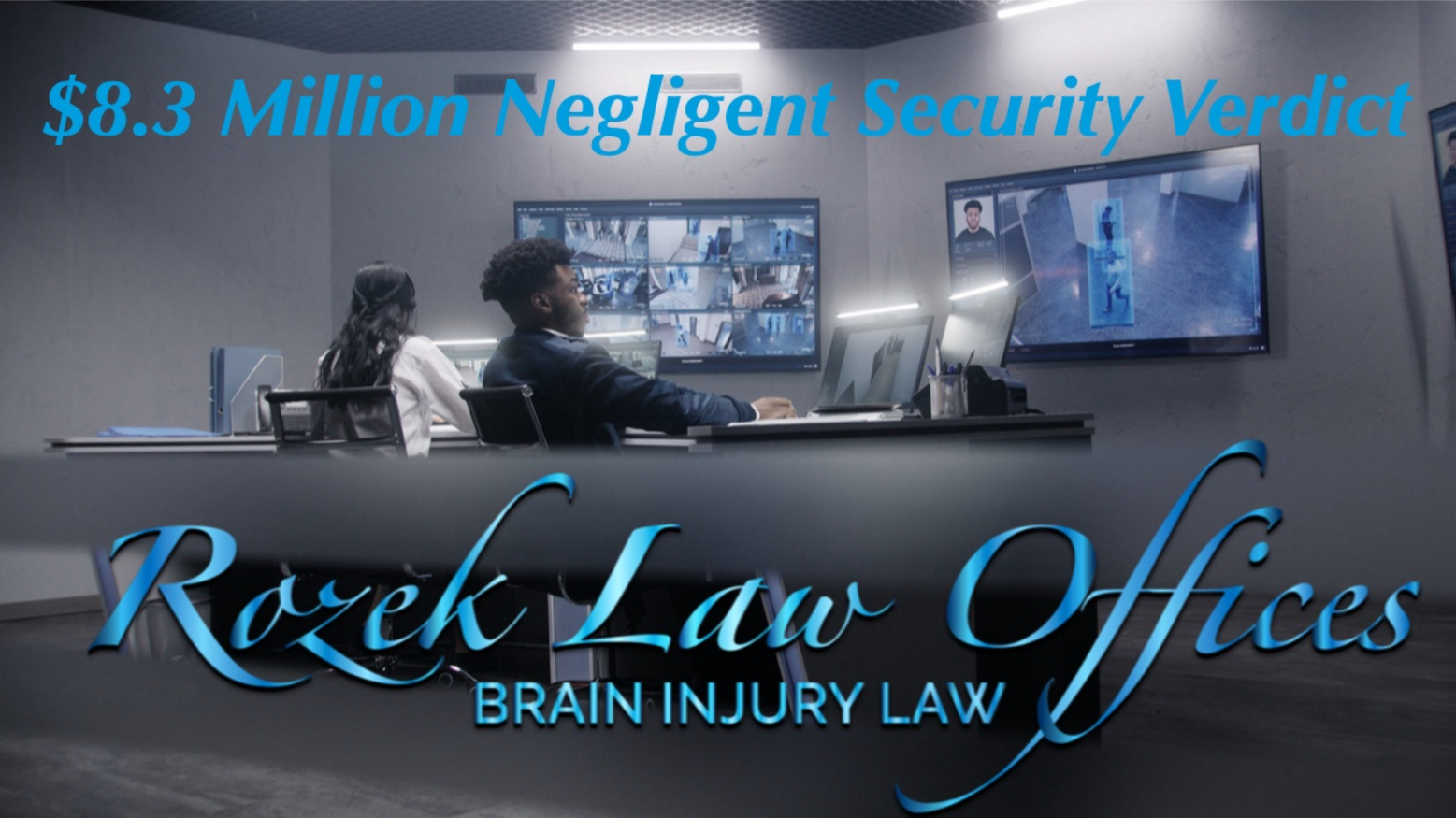





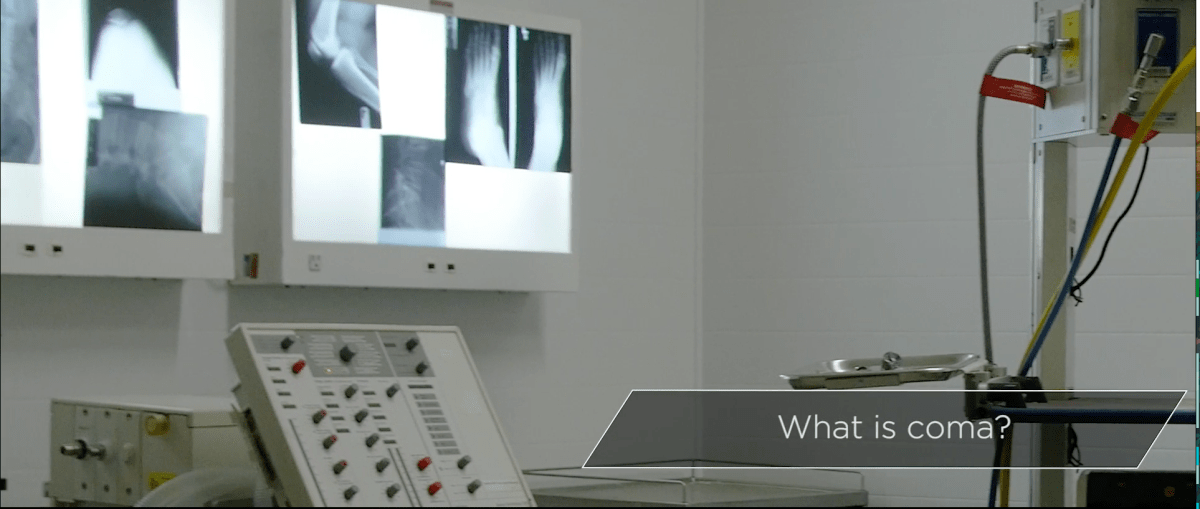


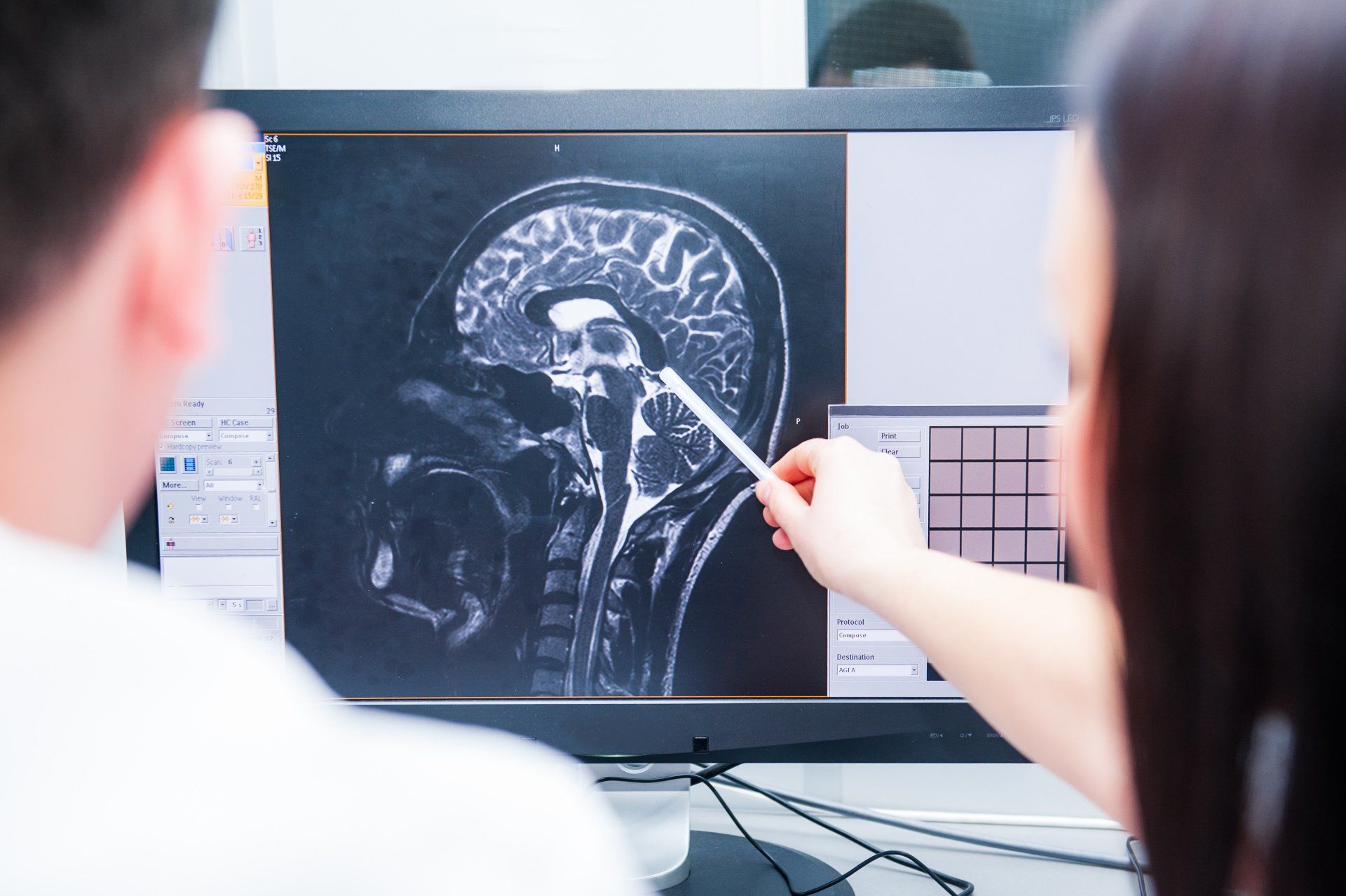
Request Your Free eBook
Our office has provided information regarding the different types of Wisconsin Personal Injury Accidents that we have experience handling.
Wisconsin Accidents
Wisconsin Personal Injuries
Ready to get started?
Call us at 414-374-4444
Main Office Location
Rozek Law Offices, SC
3970 N Oakland Ave Ste 604
Milwaukee, Wisconsin 53211
Additional Client Meeting Location
Rozek Law Offices - Madison
2810 Crossroads Dr Ste 4046
Madison, Wisconsin 53718
Recent Blog Posts






